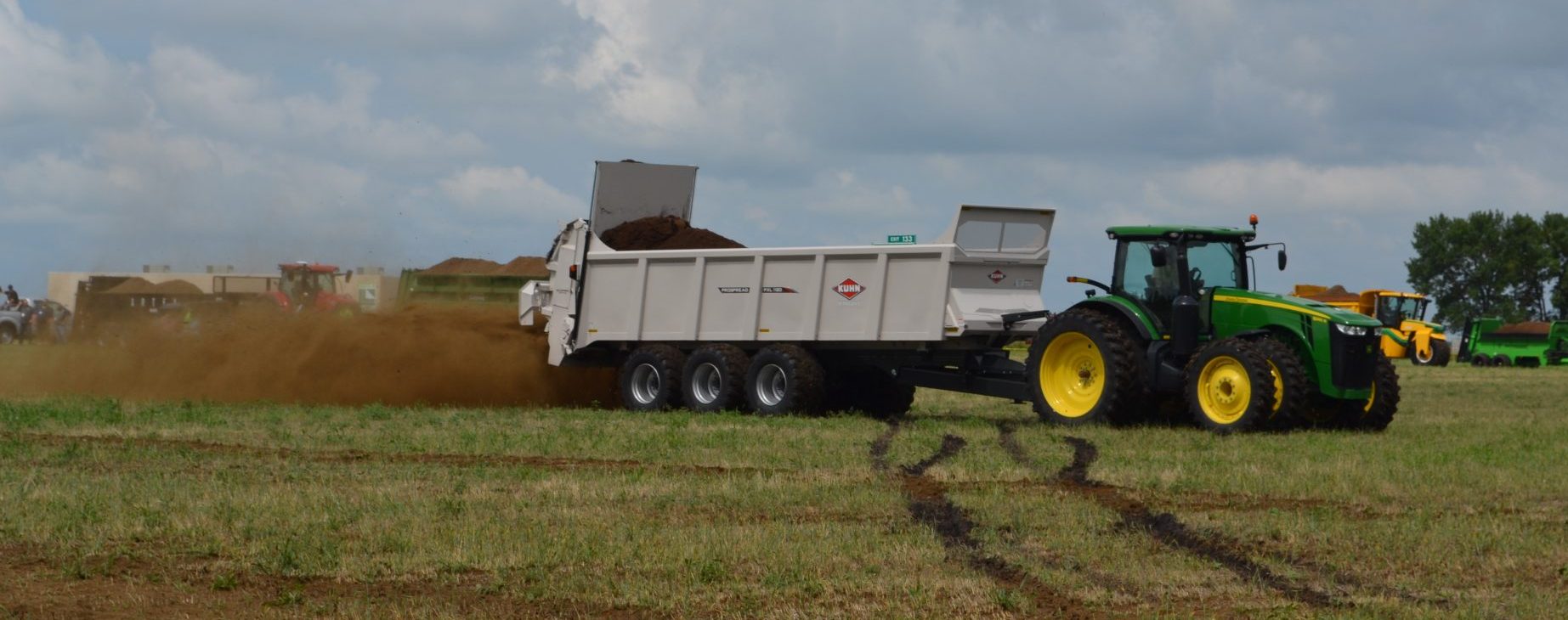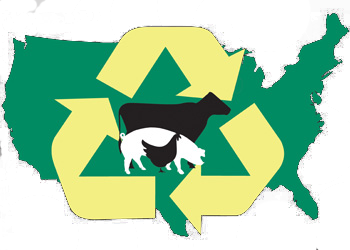There are many resources available to assist producers in learning about which regulations apply to their operation. This page focuses on water-related programs.
Federal Programs
- Concentrated Animal Feeding Operations (CAFO) regulations: Animal feeding operations can pose a number of risks to water quality and public health, mainly because of the amount of animal manure and wastewater they generate. Manure and wastewater from AFOs have the potential to contribute pollutants such as nutrients (e.g., nitrogen, phosphorus), organic matter, sediments, pathogens, heavy metals, hormones, antibiotics, and ammonia to the environment. These pollutants can cause several types of water quality and public health impacts, such as contamination of drinking water supplies and fish kills.Concentrated animal feeding operations that discharge into waters of the U.S. are required to apply for a permit under the National Pollutant Discharge Elimination System (NPDES) permit program.
- Oil Spill Prevention, Control and Countermeasures (SPCC) program: If your farm stores oil, fuel, or oil products, you should take note of the Spill Prevention, Control, and Countermeasures (SPCC) program. Regulated facilities, including some farms, must develop and implement SPCC Plans that establish procedures and equipment requirements to help prevent oil discharges from reaching waters of the United States or adjoining shorelines.
Concentrated Animal Feeding Operations (CAFO) regulations under the Clean Water Act
- EPA Final CAFO Regulations (July 30, 2012)
The final 2012 federal CAFO regulations include revisions to remove the 5th Circuit Court’s vacated elements, and the 2008 and 2003 Final CAFO Rules. - Consolidated Concentrated Animal Feeding Operations (CAFO) Regulations (38 pp., 452K)
This document consolidates the current federal CAFO regulatory requirements included in the 2012 CAFO Rule Revision to remove the 5th Circuit Court’s vacated elements, and include the 2008 and 2003 final CAFO rules into a single document. - NPDES Permit Writers’ Manual for CAFOs
Provides information to states, producers, and the general public including: 1) general information on Clean Water Act and NPDES requirements for CAFOs, 2) information to explain CAFO permitting requirements under the CWA, and 3) technical information to help states and producers understand options for nutrient management planning.
Additional Resources and Links
- EPA Ag Center’s Animal publications
- EPA Virtual Center for Animal Feeding Operations (AFOs) links
Oil Spill Prevention, Control and Countermeasures (SPCC) program under the Oil Pollution Prevention Program.
Additional Resources and Links
- Spill Prevention, Control, and Countermeasure (SPCC) Rule
- EPA’s SPCC website for Agriculture
- SPCC Information for Farmers, Fact Sheet
- Compliance Deadline Extension for Farms
- Tools to help you create your SPCC plan
- EPA Frequent Questions and Answers
- NRCS Factsheet
- SPCC Plan Template
State Programs
- Contacts in state environmental regulatory agencies
- EPA regional contacts
- State technical standards for nutrient management
Note: EPA is in the process of working with the states to have technical standards posted on this site. As of July 2012, 11 states have been added. - An LPE Learning Center page, State Specific Manure Nutrient Management Information lists links to resources developed for 20+ states.
Local Programs
In addition, you can contact your local:
- Cooperative Extension office,
- Natural Resource Conservation Service (NRCS office),
- Soil & Water conservation district, or
- county zoning office
to find out about local or area programs or regulations that apply to you. The Soil & Water conservation districts and NRCS offices also good sources of information about cost-share or financial assistance programs that can help reduce the financial burden associated with complying with regulations.

